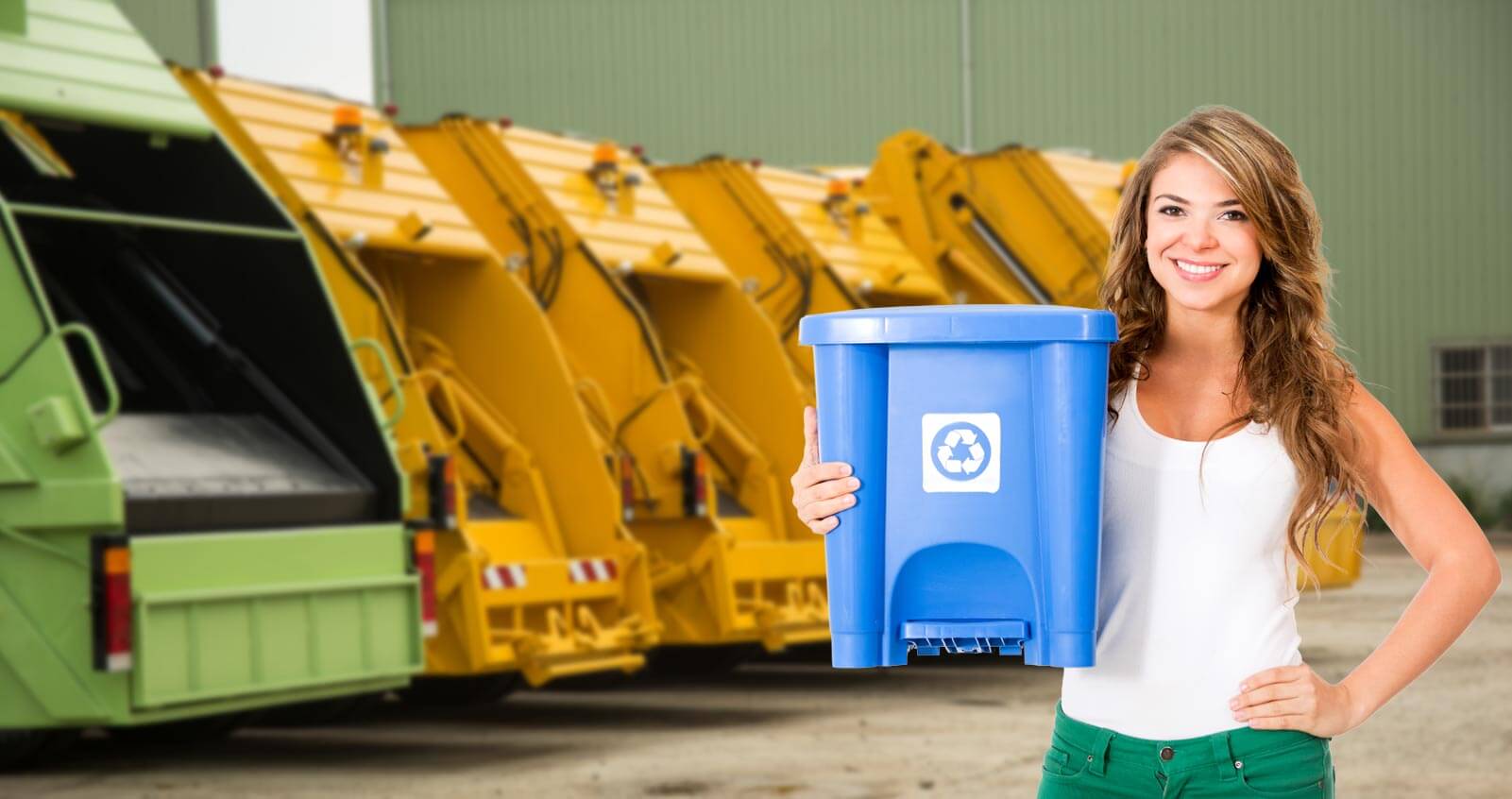Free-of-Charge Trash Clearing
Posted on 17/07/2024
Clearing trash is an essential task for maintaining a clean and sustainable environment, but it doesn't always have to come with a hefty price tag. In this article, we will explore the concept of free-of-charge trash clearing, its advantages and disadvantages, and offer practical tips. Additionally, we will analyze the benefits and drawbacks to help you make an informed decision.
What is Free-of-Charge Trash Clearing?
Free-of-charge trash clearing refers to the removal and proper disposal of waste without any cost to the individual or business requiring the service. Various community programs, non-profit organizations, or municipal services offer these services to foster a cleaner environment and help individuals who may not be able to afford traditional waste disposal fees.

Types of Free Trash Clearing Services
1. Municipal Services: Many local governments offer free trash collection services as part of public sanitation efforts. These services often include regular curbside pick-up, recycling programs, and designated drop-off points for specific types of waste.
2. Non-Profit Organizations: Numerous non-profits focus on environmental conservation and waste management. They often organize community clean-up events and offer free trash pick-up for certain types of waste, like electronic waste or hazardous materials.
3. Community Programs: Many neighborhoods and residential communities have volunteer-led programs that work collectively to manage waste without any charges. These initiatives can range from organizing bulk trash disposal days to regular clean-up drives.
Benefits of Free-of-Charge Trash Clearing
1. Cost Savings: The most apparent advantage is the financial savings. By utilizing free services, households and businesses can cut down on waste disposal expenses.
2. Environmental Impact: Proper trash clearance plays a vital role in reducing pollution and promoting recycling. Free services often encourage greater community participation in environmental conservation.
3. Community Involvement: These services often foster a sense of community, as residents come together to take part in collective clean-up efforts.
Drawbacks of Free-of-Charge Trash Clearing
1. Limited Availability: Free services may not be available in all regions, and access can be limited.
2. Inconsistent Service Quality: Since many free services rely on volunteers or limited municipal funds, the quality and reliability can vary.
3. Restrictions and Regulations: Some free services have strict guidelines on the type and amount of waste they will accept, which may not meet everyone's needs.
Tips for Efficient Free-of-Charge Trash Clearing
1. Sort and Segregate Waste: Ensure you separate recyclables, compostables, and hazardous materials. Proper segregation can make disposal easier and more efficient.
2. Stay Informed: Keep abreast of local rules, schedules, and programs for free trash disposal. Municipal websites and community boards are good sources of information.
3. Participate in Community Drives: Engage in local clean-up campaigns and volunteer programs. Not only does this contribute to a cleaner environment, but it also strengthens community bonds.
4. Reuse and Recycle: Before disposing of items, consider if they can be reused or recycled. Many non-profits accept items like electronics, books, and clothing that can be repurposed.

Takeaways
1. Free-of-charge trash clearing is a fantastic way to reduce waste disposal costs while supporting environmental sustainability.
2. The quality and availability of these services may vary, so staying informed about local options is crucial.
3. Community involvement and personal responsibility play significant roles in making these programs successful.
Conclusion
Free-of-charge trash clearing offers numerous benefits, from cost savings to environmental protection, making it an appealing option for many households and businesses. Despite some limitations in availability and service quality, the positives often outweigh the negatives. By staying informed and involved in local programs, you can contribute to a cleaner, greener environment without incurring additional costs. Remember to follow practical tips like waste segregation and participation in community efforts to get the most out of these services.




